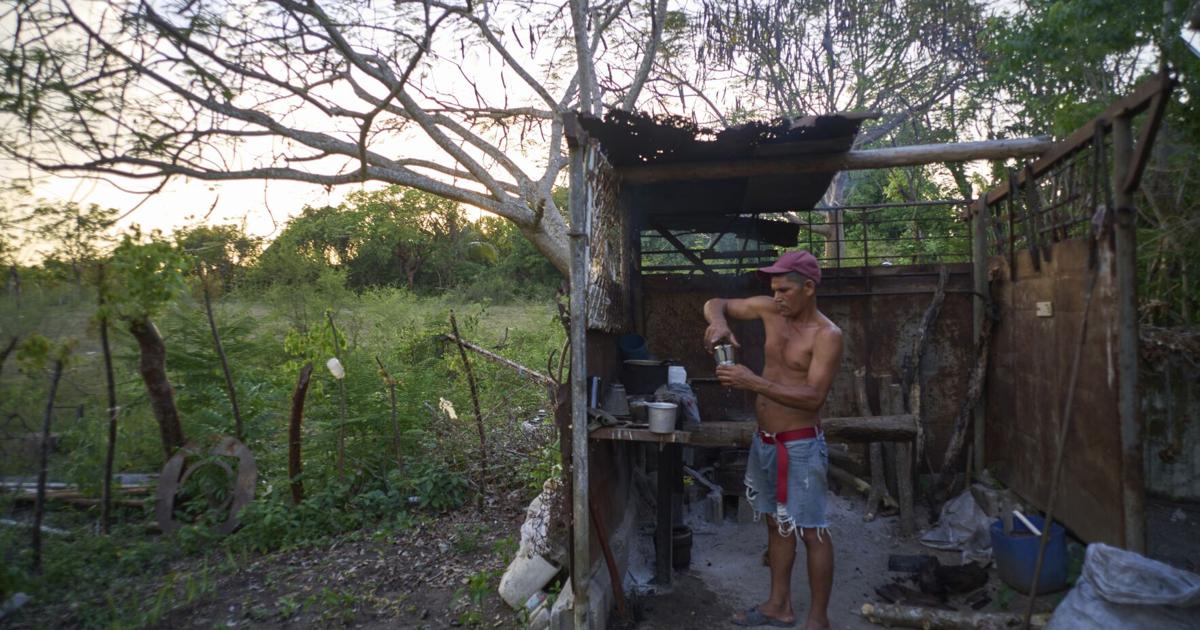Cuban Families Create Innovative Strategies to Cope with Ongoing Power Outages


Cuba Faces Unprecedented Energy Crisis: Residents Seek Solutions Amid Blackouts
Havana, Cuba — The daily reality for many Cuban families has shifted dramatically as the nation grapples with what has been termed the most severe energy crisis in decades. For households like that of Marylín Álvarez, the pressing question has transformed from whether the power will remain on to when the next blackout will occur. This evolving situation has catalyzed a wave of ingenuity among citizens who are striving to sustain their daily lives amidst energy shortages.
The current energy turmoil can be traced back to a combination of factors, including deteriorating infrastructure, a lack of investments, and reduced output from the country’s power plants. Reports indicate that since late December, the Cuban government has ceased providing cooking gas, forcing families to adapt quickly to the constraints placed on their daily routines.
For the Álvarez family, reliance on an electric burner became untenable as persistent blackouts disrupted the power supply. With electricity outages occurring with alarming frequency, they have turned to alternative cooking methods, utilizing charcoal stoves and improvised outdoor setups to prepare meals. This shift not only reflects their resilience but also highlights the urgent challenges faced by Cubans as they navigate life with unreliable energy sources.
According to experts, Cuba has seen a dramatic decrease in its energy production capabilities, a situation exacerbated by the long-standing U.S. embargo, which hampers the island’s access to essential resources necessary for maintaining its energy grid. Furthermore, the island’s aging infrastructure is in dire need of modernization, leaving many citizens frustrated and concerned about the future.
As the government scrambles to address the crisis, citizens’ patience is wearing thin. Regular blackouts not only interrupt daily life but also affect businesses and the economy as a whole, leading to increased desperation and distrust toward government officials. The energy crisis has intensified discussions around energy reform, with calls for more sustainable solutions that could alleviate the long-standing issues plaguing the Cuban electrical grid.
With external support and investment still a distant prospect, many Cubans are left to fend for themselves, relying heavily on community solidarity and creative problem-solving to address their day-to-day challenges. As the crisis deepens, the resilience of the Cuban people may serve as a critical factor in navigating this difficult period in the nation’s history.
The road ahead will require not only immediate solutions to the current energy demands but also a rethinking of energy policy to ensure a sustainable future for all Cubans. The resilience and adaptability of the population will undoubtedly play a pivotal role as they seek to overcome this significant hurdle in their lives.






